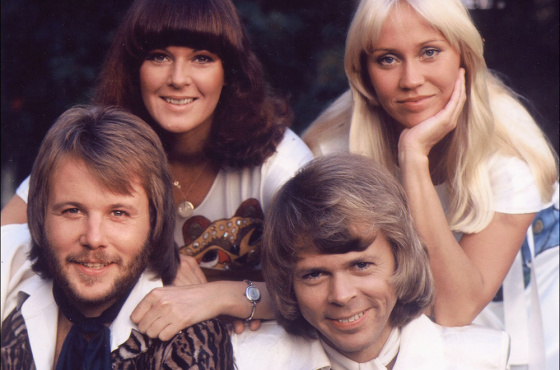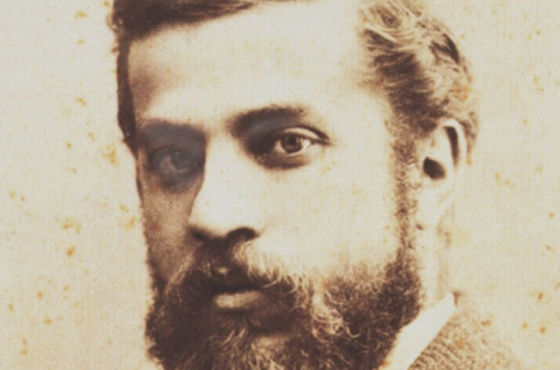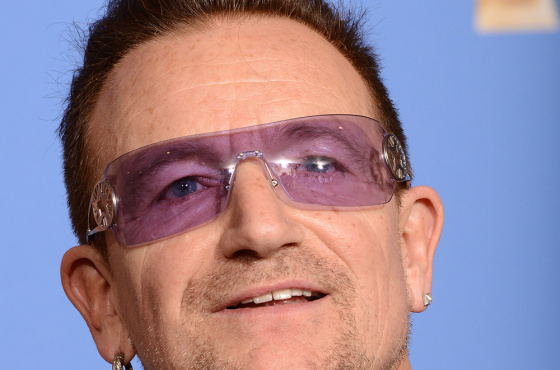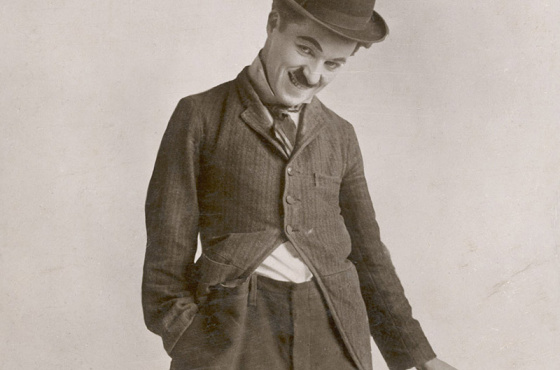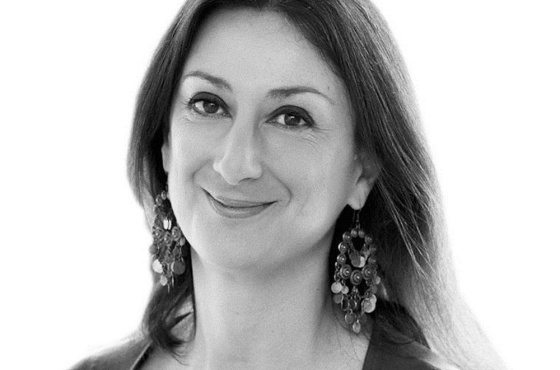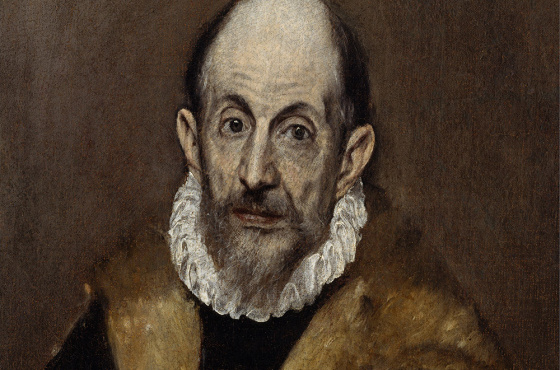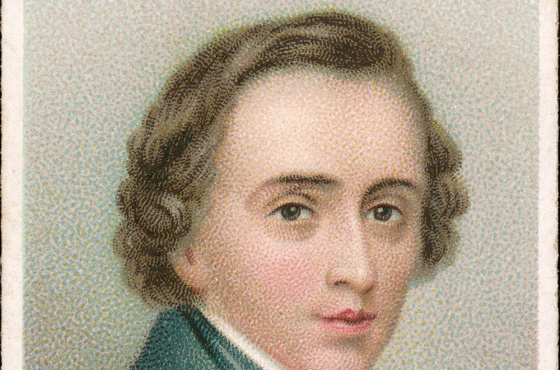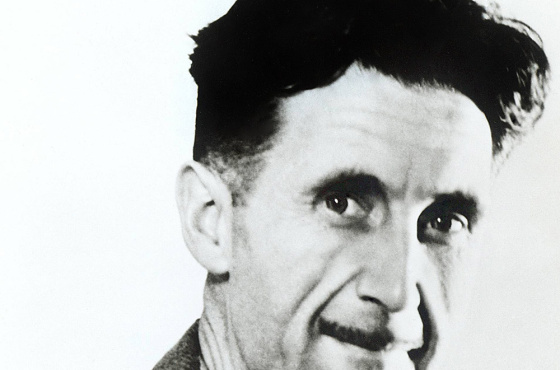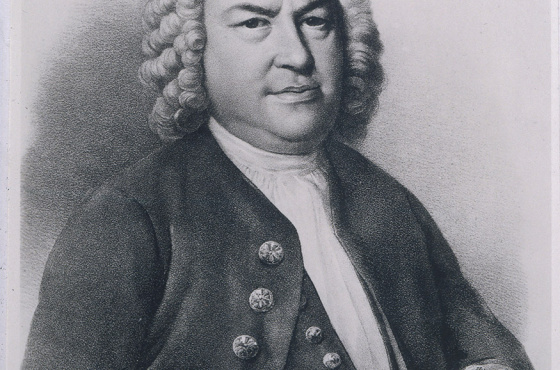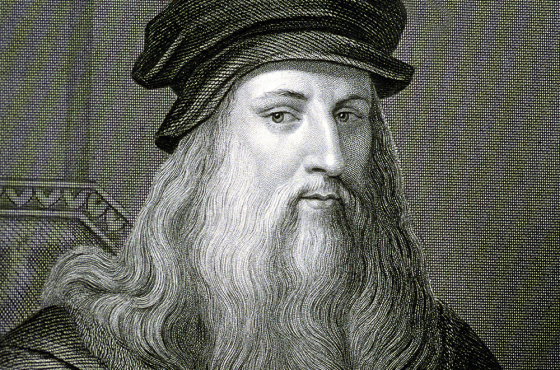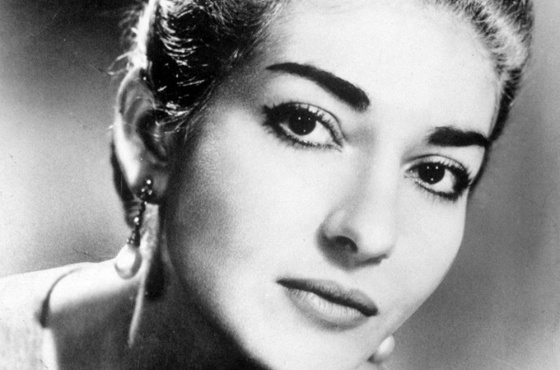See sisu ei ole hetkel kättesaadav järgmises keeles: Eesti

Creators and Makers
Lisateavet leiate aadressil europa.eu
Võtke ELiga ühendust
- Helistage meile 00 800 6 7 8 9 10 11
- Kasutage ka muid helistamisvõimalusi
- Kirjutage meile kontaktvormi vahendusel
- Külastage meid ELi teabekeskuses
Sotsiaalmeedia
Õigusteave
ELi institutsioonid
- Euroopa Parlament
- Euroopa Ülemkogu
- Euroopa Liidu Nõukogu
- Euroopa Komisjon
- Euroopa Liidu Kohus
- Euroopa Keskpank (EKP)
- Euroopa Kontrollikoda
- Euroopa välisteenistus (EEAS)
- Euroopa Majandus- ja Sotsiaalkomitee
- Euroopa Regioonide Komitee
- Euroopa Investeerimispank
- Euroopa Ombudsman
- Euroopa Andmekaitseinspektor
- Euroopa Andmekaitsenõukogu
- Euroopa Personalivaliku Amet
- Euroopa Liidu Väljaannete Talitus
- Asutused ja ametid
